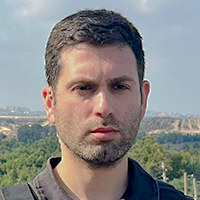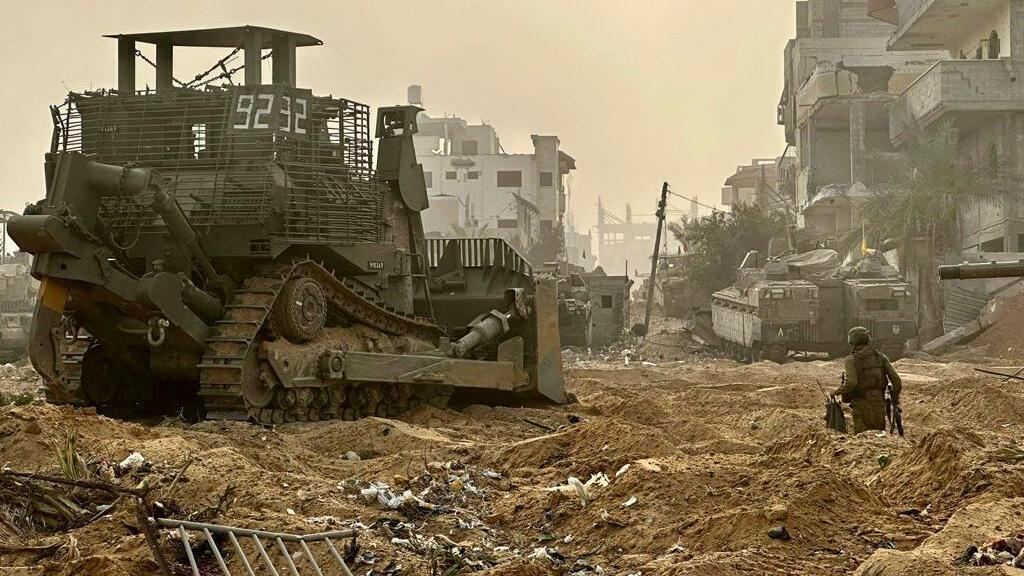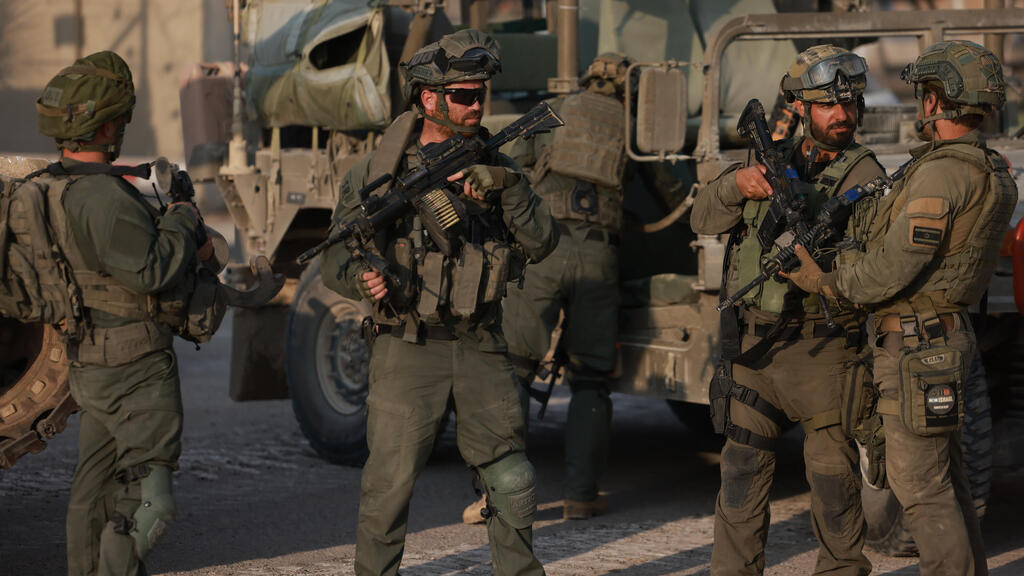Getting your Trinity Audio player ready...
IDF forces operating in Gaza
(Video: IDF Spokesperson's Unit)
Amid the recent clashes in the Gaza Strip that resulted in the loss of 16 IDF soldiers, the IDF has affirmed that the war goals set forth by the political echelons—to dismantle Hamas' political and military infrastructure and to terminate its governance as the predominant authority in Gaza—are valid, achievable and clear.
More stories:
Nevertheless, the military has underscored that realizing these objectives will require several months and will encompass diverse methods of implementation, extending beyond the scope of the ground offensive.
However, an unexpected yet pivotal factor bolstering the ground offensive is the intelligence gathered from the interrogation of captured terrorists by the Shin Bet. A revised assessment from the Southern Command indicates that on the morning of October 7, approximately 3,000 Hamas terrorists infiltrated Israel at various points, a figure significantly higher than the initially estimated 1,500 to 2,000.
The ground offensive operates under a completely new offensive strategy, devised from the ground up just two and a half weeks into the conflict. This approach is independent of the operational plans for Gaza from the past two years, which had been developed, implemented and sanctioned by the IDF chief of staff over several months.
"Our forces are at the gates of Gaza City, and in these days, we have lost some very dear heroes of Israel," said Brig. Gen. Itzik Cohen in a statement to reporters at the Zikim Home Front Command base.
Cohen also addressed an incident in which 11 soldiers of the Givati Brigade were killed on Tuesday after their armored personnel carrier was hit by an anti-tank missile in the northern part of the territory. While the investigation is still underway, it has been established that the Trophy active protection system equipped on the advanced and heavily armored vehicle malfunctioned and failed to intercept the missile.
"We encountered dozens of anti-tank missiles launched toward our forces, and thanks to our effective systems, we managed to thwart any impact. The recent incident was complex and highlighted more than just the anti-tank missile element," he said.
This marks the IDF's second extensive action plan of this scale in the last decade following a plan to destroy around 30 offensive tunnels into Israel during 2014's Operation Protective Edge. Unlike the prior operation, which required on-the-spot improvisation by the forces, the current plan has been allocated substantial time and resources. It includes a significant expansion of forces and provides greater autonomy to the units on the front lines, confronting Hamas strongholds directly.








